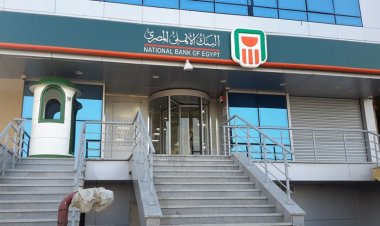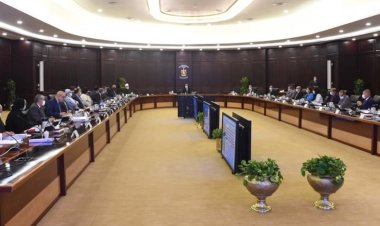Saudi Arabia launches a development initiative in Africa, financing and projects worth $41 billion
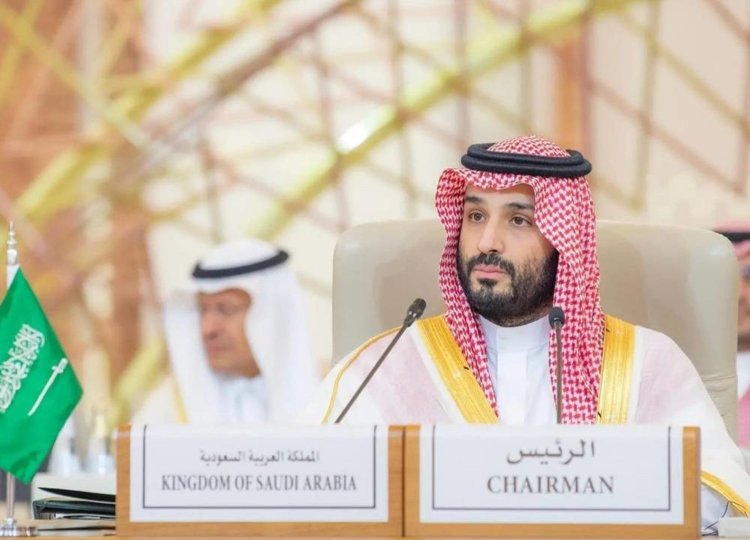
The Kingdom of Saudi Arabia launched the Custodian of the Two Holy Mosques development initiative worth more than one billion dollars over 10 years, during the Saudi-African Summit in Riyadh today, Friday, affirming its intention to develop relations of cooperation and partnership with African countries and develop areas of trade and integration.
Partnership with African countries
In his opening speech during the summit, the Crown Prince of Saudi Arabia, Mohammed bin Salman, said: “Saudi Arabia has provided more than $45 billion to support development and humanitarian projects in 54 African countries, and the King Salman Humanitarian Aid and Relief Center’s aid has reached more than $450 million in 46 countries.” "African."
He added, "We in the Kingdom of Saudi Arabia are determined to develop cooperation and partnership relations with African countries and to develop areas of trade and integration. From this standpoint, we are pleased to announce the launch of the Custodian of the Two Holy Mosques' development initiative in Africa."
The initiative aims to launch development projects and programs in the countries of the continent worth more than one billion dollars over a period of 10 years. It also looks forward to injecting new investments in various sectors amounting to more than 25 billion dollars, financing and insuring 10 billion dollars in exports, and providing 5 billion dollars in additional development financing to... In 2030, the Kingdom will increase the number of its diplomatic headquarters in Africa to more than 40 embassies, according to the Saudi Press Agency.
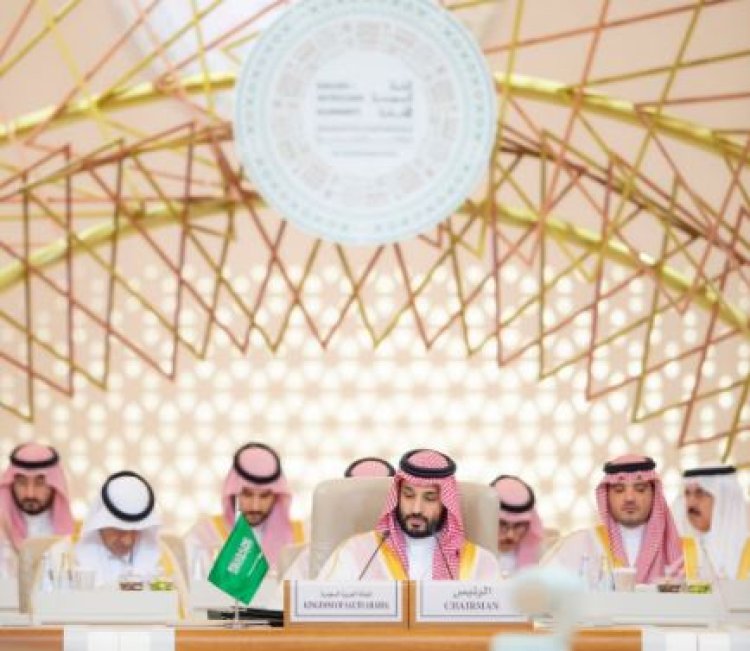
In addition, the Kingdom renewed its commitment to the security and sustainability of energy supplies, benefiting from all energy sources, developing technologies, clean fuel solutions and systems, and providing food to more than 750 million Africans.
The Saudi-African Summit discusses supporting relations between Saudi Arabia and the countries of the continent. Saudi Arabia also seeks to strengthen its economic relations with the countries of the continent in the industrial and mining sectors, and to increase its non-oil exports to Africa based on its geographical location, which makes it an important commercial center between the East and the West. The Kingdom participates in a number of Exhibitions and trade events on the continent, to promote Saudi non-oil products and services.
The volume of trade exchange between Saudi Arabia and African countries reached 74.735 billion Saudi riyals ($20 billion) in 2023, of which exports represented 53.071 billion riyals ($14 billion), while imports amounted to 21.664 billion riyals ($5.8 billion).
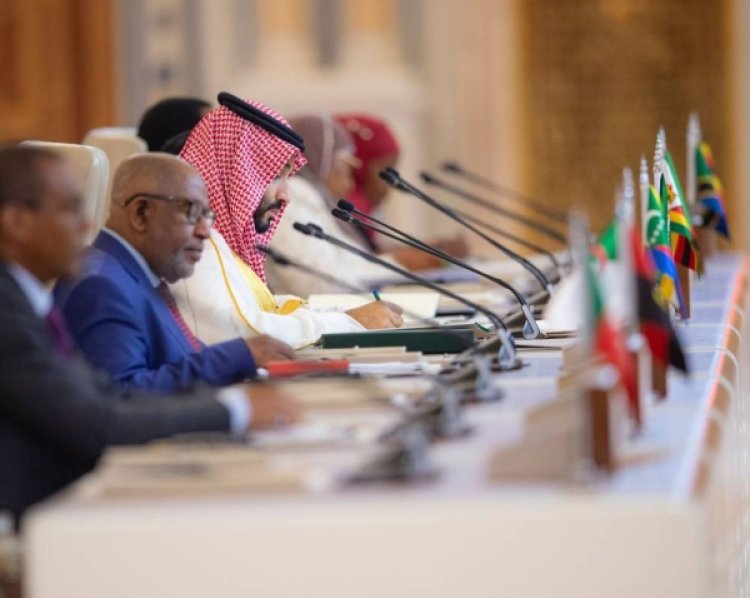
Debt payment suspension initiatives
The Saudi Crown Prince added that the Kingdom was one of the first countries to provide its declared support for the African Union to obtain permanent membership in the G20, and it is keen to support innovative solutions to address African debts, as it sought during its presidency of the G20 in 2020 to launch initiatives to suspend debt service payments during... pandemic for low-income countries, and the Common Framework Initiative for Debt Addressing and Restructuring in many African countries.
The Kingdom - which aims to host Expo 2030 in Riyadh - called on African countries to participate in highlighting the important role of Africa and its human and natural resources, growth opportunities and future potential. Hoping that the event will achieve a qualitative leap in the areas of cooperation and partnership in the Kingdom of Saudi Arabia and African countries.
For his part, the Chairman of the African Union Commission, Moussa Faki Mahamat, explained, “It is important to take into account the potential of the African continent, as the continent’s population is 1.5 billion people, and the continent is rich in water and mineral resources, to serve public and private investments, and the continent’s priorities are infrastructure, energy, food security and agriculture.” And modern technologies, responding to the deteriorating climate situation, mobilizing financial resources for development purposes, intensifying commercial operations, and building human capabilities in a way that is consistent with the needs of millions of women and youth to reduce unemployment and limit migration rates.”


 Shrouq
Shrouq 










